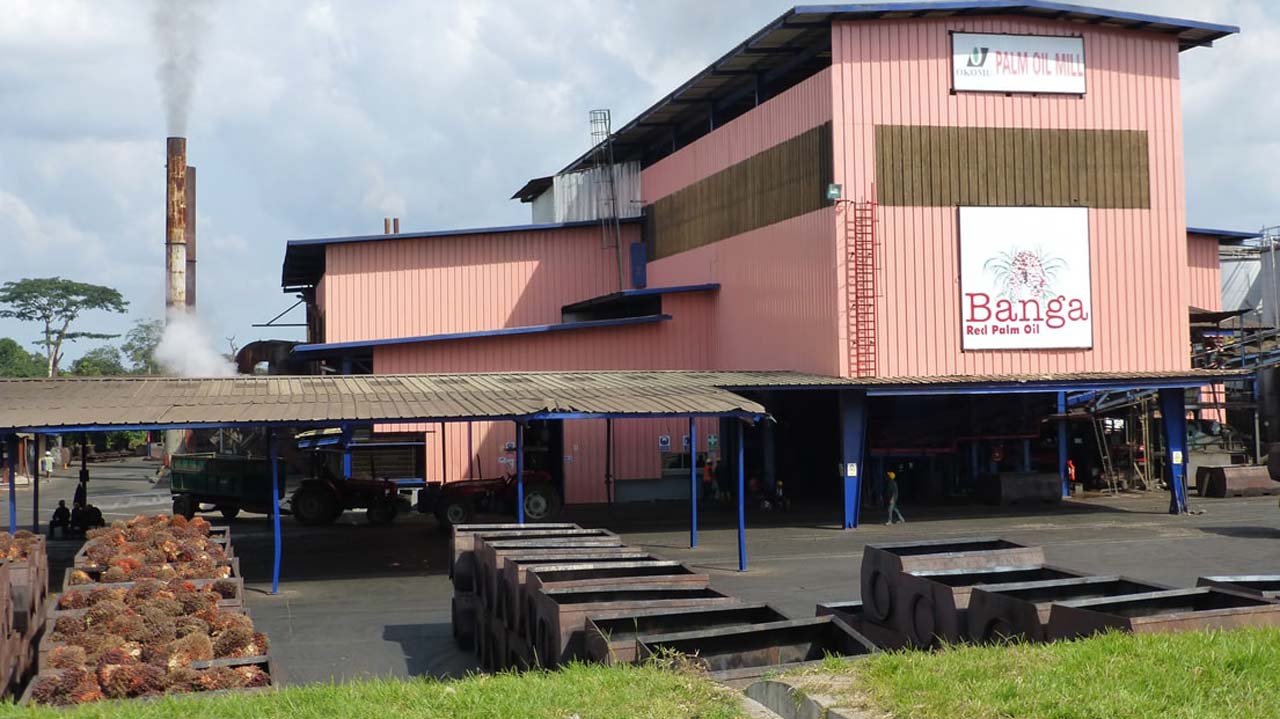*Nigeria joins World Bank programme to scale agricultural innovation
Eromosele Abiodun and Nume Ekeghe in Washington DC
The Governor of the Central Bank of Nigeria (CBN), Mr. Olayemi Cardoso, has said the over $8 billion in new investments in the country’s energy sector is clear evidence of improved security and investor confidence in the Nigerian economy, following President Bola Tinubu’s reforms.
This is just as the Minister of State for Finance, Doris Uzoka‑Anite, revealed that Nigeria has joined a new agricultural innovation programme spearheaded by the World Bank, aimed at scaling agribusiness development through blended-finance support for women- and youth-led enterprises.
The federal government, Cardoso stressed, has ensured improved security in oil-producing regions and sustained policy reforms over the past two years.
He stated this while addressing journalists at the conclusion of the International Monetary Fund (IMF)/World Bank Annual Meetings in Washington, D.C.
Nigeria is set to assume the chairmanship of the Intergovernmental Group of 24 (G-24) on November 1.
The apex governor explained that the reforms implemented over the last two years, ranging from foreign exchange unification and monetary tightening to fiscal consolidation, have started yielding tangible outcomes, including moderating inflation, stabilising the exchange rate, and restoring investor trust.
Cardoso said: “Reduced insecurity in oil-producing areas and targeted incentives have increased production and attracted over $8 billion in new energy investments. Public finances are in better shape, with rising non-oil revenues providing much-needed diversification and fiscal stability.”
He reaffirmed the apex bank’s commitment to sustaining ongoing economic reforms, warning against the dangers of “reform fatigue” that could erode recent policy gains.
The CBN governor emphasised the importance of policy consistency and clear communication as inflation begins to trend downward.
He said the CBN remains focused on consolidating the progress achieved so far in restoring macroeconomic stability.
“We want to ensure that the policies we have already applied stay the course and that we don’t allow reform fatigue to set in. The risk and danger of allowing reform fatigue is that we may lose all the gains we have already benefited from. So, we must continue to show results, because this is not a short dash, it’s a marathon. As inflation begins to trend down, which it will, people must see and feel the benefits to know that better days lie ahead.”
Cardoso, who was the leader of the Nigerian delegation, highlighted the CBN’s growing engagement with fintech companies, saying innovation and regulation must progress together to ensure inclusion and responsible growth.
He said, “The Fintech meeting and its outcomes were, frankly, more of a meeting for us to hear from them. We had already held several engagements at different levels of the bank with fintech operators, where we called them in, listened to their concerns, and developed what I would describe as a draft blueprint. It summarised the discussions, their pain points, and our understanding of where the road of travel should be.”
Speaking on events that occurred at the meetings, Uzoka-Anite said: “Nigeria is also participating in the human capital and conclave, where the theme for this annual meeting is from sectors to systems, building drawbridge, economies to scale, and this resonates very strongly with Nigeria’s developmental priorities, particularly in our commitment to structural reforms, job creation, and resilient infrastructure.
“So, basically, at this event, we were also able to enumerate the effect of the reforms of the government in sustaining macroeconomic stability. First of all, you know, after stability, then we now start looking at growth, and in our fiscal management now, we are prioritising investments into infrastructure, into the digital economy, into agriculture.
“And Nigeria also joined the World Bank in the agriculture programme that is going to scale innovation in the Agri space, including the use of blended finance to support women and youth-led businesses in the agric sector. This is actually some of the initiatives of the World Bank that we think will catalyse the sort of good job creation and job growth that we are seeing.”



